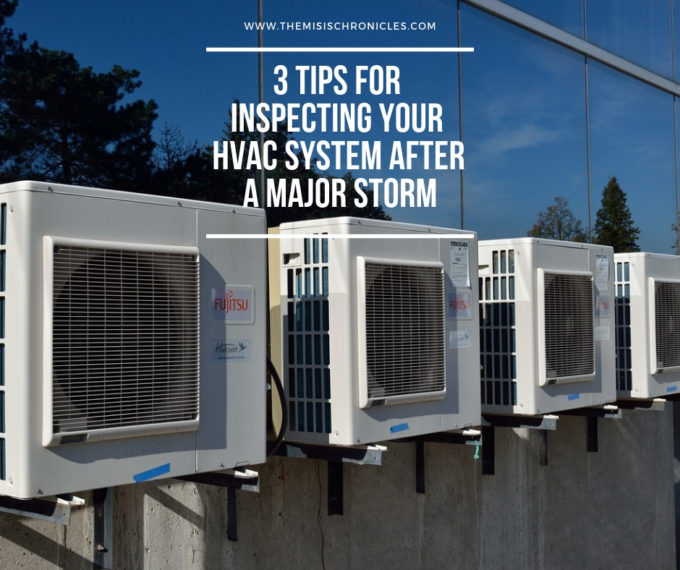Major weather events have a way of altering your daily life like no other circumstances, even if they don’t do major damage to your home. High winds can knock down power lines and blow debris into strange places. Debris and power loss can affect your HVAC system in such a way that it may not come on after the power has been restored.
While you shouldn’t attempt to repair any major damage, you can take a closer look at your system to find out what you’re dealing with. The following tips can help you with inspecting your HVAC system and assess any damage.
Turn Off Power to the Unit
Image via Flickr by engelcox
In the event you didn’t lose power, or the electric company has restored power to your home, find the breakers that power your HVAC system and turn them off. You don’t want to inspect your system while the power is on even if you have no intention of touching it. If your unit did suffer damage from a storm, you don’t want to make the situation worse by trying to operate. You’ll be able to make a visual inspection of the parts of the unit safely by taking this step first.
Look for Water Damage
Water has an insidious way of getting into places you don’t expect, especially during a strong storm or hurricane. If you experienced rising waters during a storm, your outdoor HVAC unit may have been underwater. If waters rose high enough to get into your home, it’s likely that your water heater may have sustained water damage or the pilot light became extinguished. No matter what the scenario may be, you don’t want to do more than perform a visual inspection.
Once you’ve had a preliminary look, schedule an HVAC technician to visit your home as soon as possible to inspect your system and assess any damage. If repairs are needed, the technician may be able to perform them on the same visit and help you get your home back to normal.
Another aspect of water damage is the fact that biological growth can get into an HVAC system. From there, this biological growth can spread through the home and create a dangerous living environment. An HVAC technician can assess whether the presence of water is going to be an issue in the unit.
Check for Debris in the Condenser Coils of the HVAC System
Inspect your HVAC system to determine whether debris was blown into the condenser coils and fins of the unit. If so, you’ll need to make sure the power to the unit has been turned off completely before any debris can be removed from the system. To make debris removal safer, schedule an appointment with your HVAC services technician to correct the problem.
Weathering a tough storm is hard, but you can take steps to recover quickly after the storms have ended. Inspecting your HVAC system for damage and other problems can help make sure that you catch and get any problems with your HVAC system corrected once power has been restored after a major storm.

Salamat po sa tips momsh..